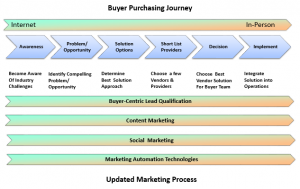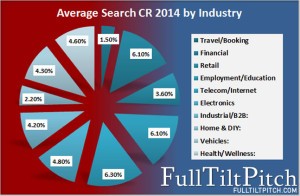The last year has been emotionally taxing on much of the workforce. In addition, conversations about culture and identity have been omnipresent. As we begin moving out of the pandemic, it’s more important than ever to create a culture at work where everyone feels comfortable and included. This is even more important for startups, which can be high-pressure environments.
Keeping your team happy and feeling like they belong is absolutely essential not just for employee retention, but for the long-term success of any company. Happy employees do better work, as do diverse teams of employees. As such, creating a culture where employees of all backgrounds can thrive is imperative for any modern business leader. To that end, I’ve created a list of 4 tips for how to create a more inclusive culture at work, based on my experience leading SoPost for the last 9 years.
1. Hire value-aligned people
To create an inclusive culture, it’s important to hire people who share key values. For some companies, that might be hard work and extra effort, for others the values may lay more on the moral side – trying to create a better world in some way through the company’s work. Considering values when hiring will ensure that there are some commonalities among employees, despite cultural or social differences. Having a shared moral baseline core to the company will help employees feel like they are contributing to something important and improving the sense of community within a company.
2. Listen to everyone
One important piece of creating an inclusive culture is to include everyone in conversations – and really listen to what they have to say. Unique opinions and different perspectives are key to innovation, as well as key to avoiding potential cultural pitfalls that a less diverse team might be blind to. While sometimes it can be challenging to hear an opinion that’s different from one you hold, particularly if it’s been long-held, in my view the best leaders are able to change their minds and are open to new ideas. This is challenging for everyone, but a work culture can only be truly inclusive if every employee regardless of position feels included in the conversation.
3. Focus on the satisfaction of your people and customers
One philosophy key to my own business strategy is to be “long-term greedy.” What this means is prioritizing the employee experience and the customer experience in the day-to-day over short-term profits, because keeping employees and customers happy will create a company that is strong in the long-term. By jumping on a call and really listening to what a customer needs, your business is more likely to retain them – and the same is true of employees. To create an inclusive culture, it’s important to start by listening to people’s needs, as there’s no “one size fits all” for satisfaction. And while you can’t please everyone at all times, prioritizing what you can do to make both customers’ and employees’ experiences better will lead to better talent and customer retention and a less stressful work environment. These, in turn, will help create an employee culture where everyone feels welcome.
4. Gratitude
One other piece of having an inclusive workplace is to show gratitude. If leaders can take the time out of busy schedules to genuinely appreciate their team, it sets a great example. It can be hard to show gratitude, however it goes a long way. Everyone has some base desire to be appreciated and valued, and telling your coworkers when they do something well or celebrating their win is a great way to show that they are part of the community. Additionally, we tend to copy the behavior of those around us – so by showing gratitude, you’re increasing the likelihood of other employees showing gratitude to their fellow coworkers.
It’s always the right time to start thinking about how to make your workplace more inclusive for everyone in it. Inclusivity starts with being compassionate and understanding, and is reflected more in your day-to-day interactions than in any value-statement or memo. It’s okay to get things wrong. The variety of modern cultures and modes of thought means that there will inevitably be some bumps in the road. The most important thing is to keep learning, and apply the lessons learned to better make the workplace a space where all your employees feel included and valued. In the modern world, there’s simply no excuse for a toxic work environment where people feel excluded.
Business & Finance Articles on Business 2 Community
(64)







